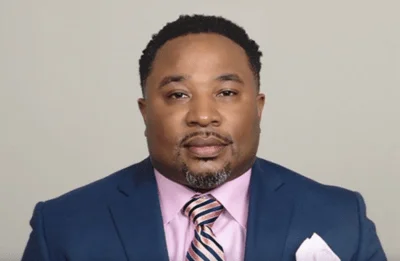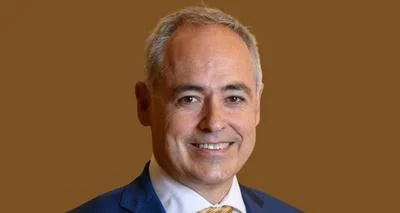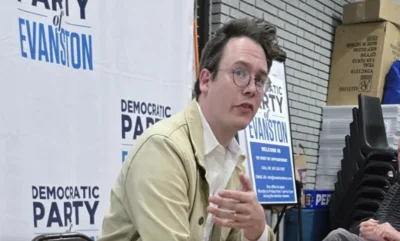State Rep. Tom Morrison | Contributed photo
State Rep. Tom Morrison | Contributed photo
Illinois state Rep. Tom Morrison (R-Palatine) is hoping to see a start to the return of normalcy when lawmakers return to Springfield in the coming days.
“We need to restore the balance of power in state government,” Morrison told the North Cook News. “The governor has been acting unilaterally for too long.”
Morrison argues that reality is no more apparent than in the case of the governor's handling of the ongoing COVID-19 pandemic. With the level of resistance to his two-month stay-at-home order seemingly growing by the day, the governor recently threatened to have law enforcement involved in instances in which small business owners move to defy his executive order by opening their businesses prior to the timeline he’s outlined.
Morrison counters many of the now desperate small business owners being targeted feel as if they have no choice if they’re to have any chance of salvaging their livelihood.
“His five-stage plan, which boxes the state into just four regions, is far too restrictive given the data we have on who and what areas are most at risk for unmanageable coronavirus outbreaks,” he said. “We should continue to take precautions, but the governor's plan, as is, isn't workable.”
With House Speaker Mike Madigan (D-Chicago) signaling in a statement that the focus of the session will be “passing essential legislation that protects our most vulnerable residents,” Morrison said he also expects the state budget will be front and center.
“Illinois faced massive challenges even before the pandemic and now even more so,” he said. “We need real property tax relief, pension reform and we must restore confidence among Illinois residents that the legislature isn't just going to continue its same old reckless behavior of tax increases and borrowing.”
Morrison argues the governor removing his graduated tax proposal off the ballot in November would go a long way toward alleviating many concerns
“The state budget is going to be extremely difficult this year given that Illinois has resisted spending and policy reforms for decades,” he said. “The sharp downturn in the state's economy will hurt state revenues when it can least afford them. We need to right-size state government, which means cuts and reforms to how we spend the state's tax dollars.”





 Alerts Sign-up
Alerts Sign-up